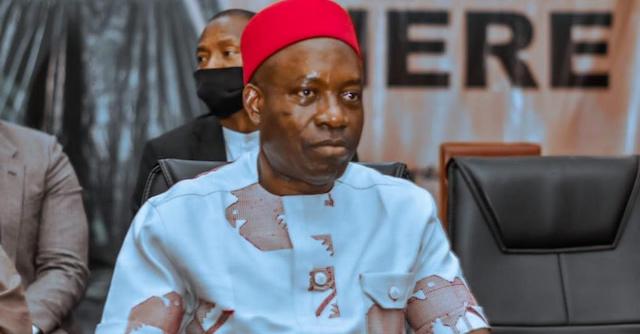The Rivers State branch of Nigeria’s African Democratic Congress (ADC) has announced a significant surge in membership, with over 800,000 new registrants reported in recent months. The party’s spokesman, Luckyman Egila, shared the figures during a weekend press briefing in Port Harcourt, attributing the growth to high-profile political defections ahead of the 2027 general elections.
Egila described the state’s ADC chapter as a “beautiful bride,” emphasizing its appeal to influential figures previously aligned with rival parties. Among the notable figures cited are two former Rivers State governors: Rotimi Amaechi, who also served as Nigeria’s Minister of Transportation, and Celestine Omehia. Additionally, Prince Uche Secondus, former national chairman of the opposition Peoples Democratic Party (PDP), was listed as a new ADC member.
“These individuals have formally left their previous parties and are now full members of the ADC,” Egila stated, clarifying that each had completed registration and received membership cards. He further named Chief Austin Okpara, a former Deputy Speaker of Nigeria’s House of Representatives, and Dr. Abiye Sekibo, a former Transport Minister, as key additions to the party’s ranks.
The defections signal a potential shift in political dynamics in Rivers State, a region often seen as a battleground in Nigerian elections. Egila stressed the significance of the new members, stating, “These are prominent leaders whose influence cannot be overlooked. Their move to the ADC strengthens our position as a credible alternative.”
The ADC, a relatively smaller party in Nigeria’s political landscape, appears to be capitalizing on internal disputes within larger parties, particularly the PDP and the ruling All Progressives Congress (APC). Analysts suggest the influx of seasoned politicians could reposition the ADC as a formidable contender in the upcoming elections, especially in resource-rich Rivers State, where political alliances frequently shape electoral outcomes.
While Egila did not elaborate on specific strategies, he highlighted the party’s focus on grassroots mobilization and unity. The ADC’s expansion aligns with a broader trend of political realignment across Nigeria, as parties jostle for advantage nearly three years before voters head to the polls.
Critics, however, caution that the long-term impact of these defections remains uncertain, noting that similar moves in past election cycles have not always translated to sustained success. Nonetheless, the ADC’s reported membership boost—and its recruitment of figures with significant networks—underscores growing efforts to reshape Nigeria’s political map ahead of a critical electoral season.



